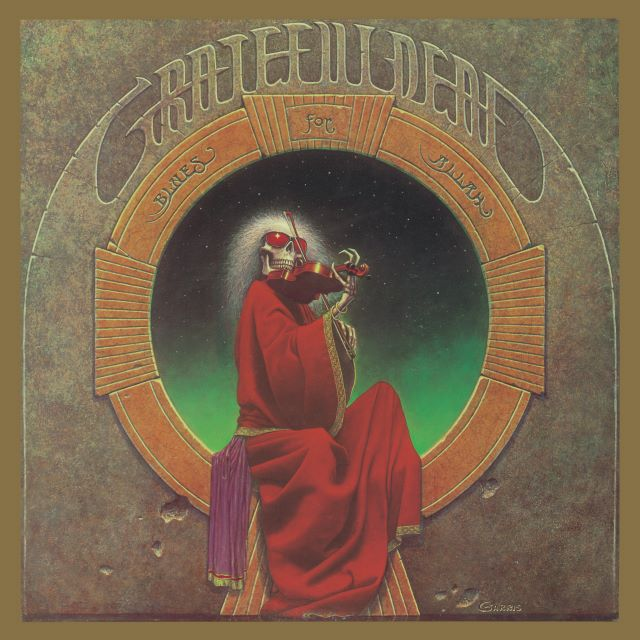Blues For Allah 2025

Published 2025-07-31 06:00
"Blues For Allah" is the Dead’s unique vision, a deeply humane parable that framed their own artistic renewal in the most inclusive, expansive terms. 50 years later, it remains one of their most musically successful and resolutely experimental albums.
When the Grateful Dead took a self imposed hiatus in 1974 after their farewell run at Winterland, they left the road with no clear sense of when, or if, they’d return. A year later, the band surprised everyone when they reemerged with "Blues For Allah", one of the most forward thinking, sonically adventurous albums of their career.
The "Blues For Allah : 50th Anniversary Deluxe Edition" features a newly remastered version of the original album by Grammy® Award winning engineer David Glasser, sourced from the original analog tapes with speed correction and tape restoration by Plangent Processes.
The set also features almost 2 hours of unreleased recordings. Among the highlights are rehearsals from the band's August 12th, 1975, soundcheck at San Francisco's Great American Music Hall, including the album tracks "Sage & Spirit", "Help On The Way", "Slipknot!", and "Franklin's Tower". The collection continues with performances from the June 21st, 1976, show at the Tower Theatre in Pennsylvania, spotlighting 5 album songs alongside favorites like "Eyes Of The World". Rounding out the set are selections from Bill Graham's S.N.A.C.K. (Students Need Athletics, Culture & Kicks) Benefit at Kezar Stadium on March 23rd, 1975. Previously only available on the 2004 "Beyond Description" box set's bonus disc, the recordings include one of only 3 known performances of "King Solomon's Marbles".
"Blues For Allah" saw the Grateful Dead attempt something they never had before, and never would again. They would make the record almost entirely without pre-written material. Working at Bobby Weir's home studio, just big enough to hold the band and their gear, the sessions took on an intimate, exploratory feel. Robert Hunter was back in the thick of it, writing lyrics on the spot as the songs took shape. Keith Godchaux's keys gave the album its spacious texture, while Donna Jean's harmony vocals elevated songs like "The Music Never Stopped". "Crazy Fingers" became, in Phil Lesh's words, 'a marvelous essay in smoky ambiguity'. The mostly instrumental title suite pushed even further out, with Bill Kreutzmann saying it 'bordered on acid jazz composition'. Mickey Hart's role was central, weaving percussion, and slowed down field recordings of crickets, into a rich, immersive tapestry of sound.
Available on Rhino Records, September 12th, 2025.